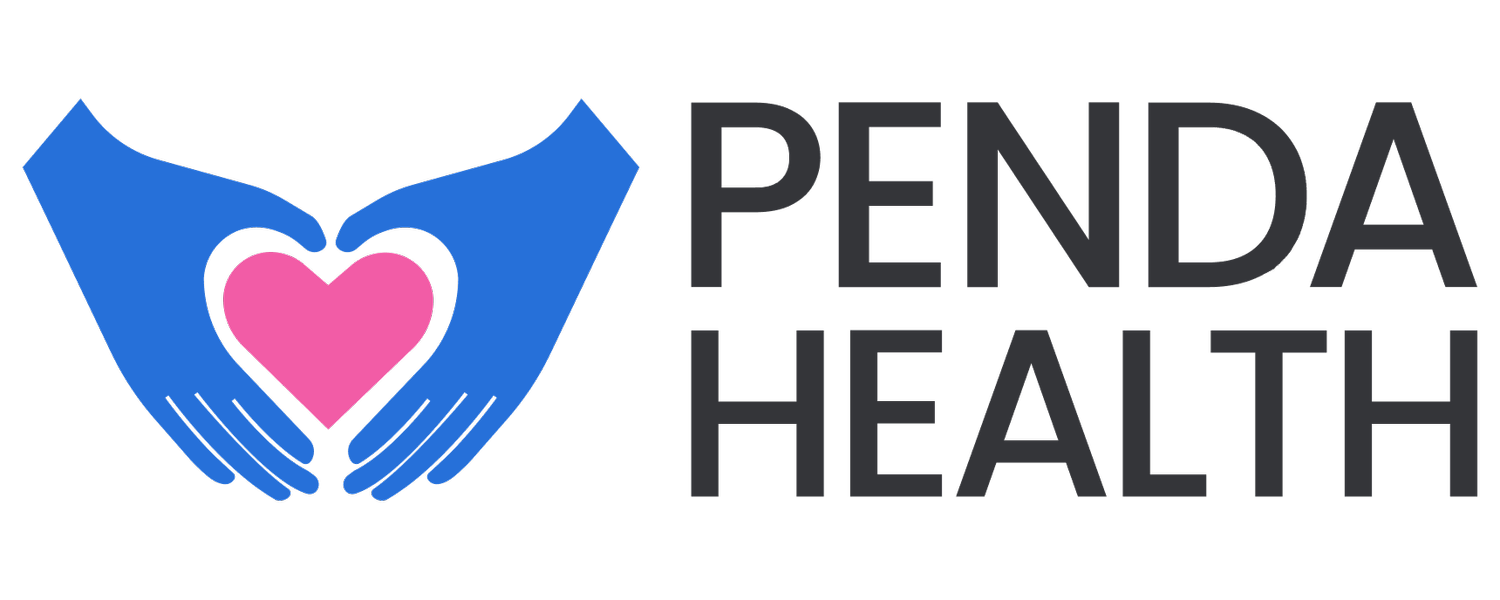Let’s talk about vaccines
“Our actions today will impact future generations.”
While this has almost become cliché to hear, it remains true, especially when it comes to vaccines.
So what exactly are vaccines and why are they such a big deal?
Vaccines protect us against many preventable diseases. They work by first injecting the dead or inactive parts – “antigens” – of the disease back into our body. But don’t worry, these antigens aren’t usually strong enough to make us sick. Instead, they cause our immune systems to produce the immune response – or “antibodies” – that lead to immunity against the disease.
So why is it important for children to get their recommended vaccines?
Vaccines have prevented diseases – such as measles, mumps, polio, tetanus, yellow fever – that used to be fatal to millions of children around the world. Now, because of vaccines, these are no longer the prime causes of death for young children.
But that doesn’t mean we can forget about vaccines. Many of these diseases are still around. If you aren’t vaccinated and if you catch them, it can lead to dire consequences such as removal of limbs, loss of muscle function, hearing loss, brain damage, or even death. Vaccines prevent this from ever happening – from childhood into adulthood.
What is the recommended schedule of vaccines?
According to the Kenyan Ministry of Health, vaccination has been highlighted as the most successful and cost-effective health intervention in our history. In Kenya, the immunization schedule is given by the Division of Vaccines and Immunizations (DVI) at the Ministry of Health, commonly known as KEPI (Kenya Expanded Programme on Immunization):
| Recommended age | Antigen | Disease prevented |
|---|---|---|
| Birth | BCG OPV |
Tuberculosis Polio |
| 6 weeks | DPT-HIB-HEP B OPV Pneumococcal Rotavirus |
Diphtheria, pertussis, tetanus Haemophilus influenxa type B Hepatitis B Polio Pneumonia Rotavirus |
| 10 weeks | DPT-HIB-HEP B OPV Pneumococcal Rotavirus |
Diphtheria, pertussis, tetanus Haemophilus influenxa type B Hepatitis B Polio Pneumonia Rotavirus |
| 14 weeks | DPT-HIB-HEP B OPV & IPV Pneumococcal |
Diphtheria, pertussis, tetanus Haemophilus influenxa type B Hepatitis B Polio Pneumonia |
| 6 months | Vitamin A | Vitamin A deficiency |
| 9 months | Measles Yellow fever |
Measles Yellow fever (only offered in Baringo, Elgeyo Marakwet, West Pokot, and Turkana Counties) |
| 18 months | Measles | Measles |
It is important to stick to this schedule, and at Penda, we offer these vaccines every day. We also offer the HPV vaccine for girls at the age of 10, which helps prevent cervical cancer.
If for any reason your child got behind on the schedule or you missed your scheduled vaccination date, our team will help make sure your baby gets fully vaccinated and protected from future disease.
If you have any questions or want to find the nearest medical centre near you, Pigia Penda on 020 7909045.
Sources:
Vaccineinformation.org. (2020, July 14). Retrieved from Vaccineinformation.org: https://vaccineinformation.org/vaccines-save-lives
Vaccines. (2018, January). Retrieved from U.S Department of Health and Human Services: https://www.vaccines.gov/get-vaccinated/for_parents/five_reasons
Vaccines and Immunizations. (2018, May 16). Retrieved from Centres for Disease Control and Prevention: https://www.cdc.gov/vaccines/vac-gen/howvpd.htm
Kenya Expanded Programme on Immunization

